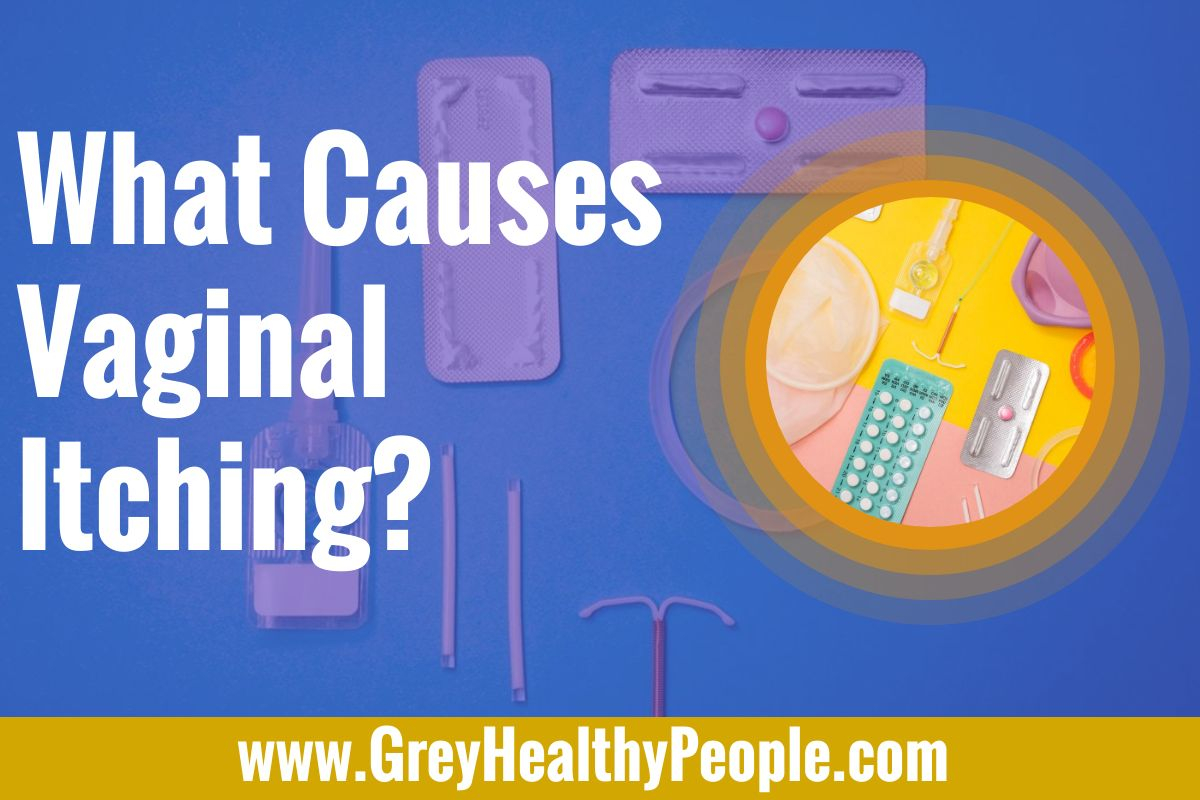Root Causes Of Vaginal Itching
Have you found it uneasy, feeling an unresisting urge to adjusting your inner wears when it itches down there? Or have you found the need to run to the restroom every once in a while to relieve yourself from vaginal itching? You are not alone. There are about a million women out there suffering from this issue. It can be extremely embarrassing and uncomfortable to deal with it. Apart from the embarrassment, it can affect your mood, work schedule, and even your sex life.
In such situations, don’t think twice, consult your doctor immediately. Doctors usually examine you for any signs of rashes, redness, and foul odors. They also check for discharges in and around the labia, vulva, and inner parts of your genitals. This helps them find the right solution to your vaginal itching woes. Before getting to that, it is important to know why this happens. Here is a glance at the root causes of the itchiness or burning sensation that women experience in the vagina and inner parts of genitals.
Allergies to Common Household Chemicals
Your genitals are very sensitive to any harsh chemicals that are used either directly or indirectly. All common household items like soap, detergent, and, shampoos have synthetic components that can irritate when used consistently over a period of time. Paraben and phthalate are two common components that can cause allergies to sensitive skin. Look for more natural and organic products free of these components. It is always better to use odorless detergents and laundry soaps to avoid this type of irritation. Hypoallergenic organic body care products are better choices to clean your sensitive body parts. To know whether it is a household chemical allergy, you can check out for some common symptoms like;
- Burning and itching sensation in the vagina
- Odorless thicker vaginal discharge than normal
- Redness or swelling of the labia, vulva and other vaginal tissues
- Rashes or contact dermatitis caused by scented toilet tissues, lubricants, latex condoms, and shaving lotions, etc.
Bacterial Vaginosis
This is a medical term used to denote the multiplication of bad bacteria in and around the vagina. According to Greater New Haven OB/GYN, only an obstetrician or gynecologist can diagnose Bacterial Vaginosis. However, you can check out for some common symptoms to detect the same. The symptoms include; yellowish or grey color discharge, watery discharge, or a strong and unpleasant odor that becomes noticeable after sexual intercourse. Usually, this kind of infection vanishes within a few days without any treatments. But make sure to consult your gynecologist if the problem persists. Also enrich your diet with fermented foods, yogurt, kefir, and probiotics to restore your general health. Avoid using soap on your genitals that can harm the good bacteria.
Allergies from using Cozy Innerwears
Our private body parts are quite sensitive to heat and environmental conditions. To maintain hygiene, it is not enough if you cleanse regularly, it is important to wear breathable undergarments. In today’s fashion world, women look for trendy and vibrant tight-fitting underwear made from synthetic fibers. This may trap heat and moisture and come in direct contact with the private parts, causing itching, and irritation. To avoid this prefer wearing loose-fitting undergarments made out of breathable fibers.
Yeast Infection
This is another common cause of vaginal irritation. The presence of natural flora, fauna, and other genital tissues and secretions are important for the health of genitals. Yeast is also one among them. However, it has to be in check. If the yeast population outgrows the permissible levels, itching happens. Yeast infection is commonly caused by the use of antibiotics, increased use of sweets and processed foods, hormonal changes during pregnancy and stress. The symptoms include itching and burning sensation while urinating or during sex, white cheezy discharge and rashes. Yeast infections are asymptomatic in men, so if your partner has, you are more likely to get it. Manage your stress by practicing yoga and meditation. Follow a healthy diet rich in probiotics. These help to keep yeast levels in check. However, if the symptoms persist, consult a doctor.
Sexually Transmitted Diseases (STD)
Some of the common STDs include chlamydia, trichomoniasis, herpes, and gonorrhea. All of these can cause vaginal itching and irritation. Having unprotected sex with multiple partners is the primary cause of STD. At times even using protection like condoms, may not help. If itching is caused without any of the symptoms mentioned above, consult a doctor immediately. This can help not only in providing relief but will also prevent spreading to others. You will find local women’s health clinics providing STD testing free of cost.
Even after taking precautionary measures, if you still have persistent itching and vaginal discomfort, don’t hesitate to consult a doctor. Remember, the more you delay, the more time it may take to heal.




